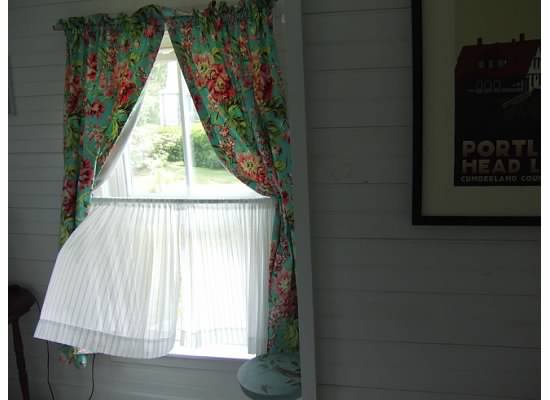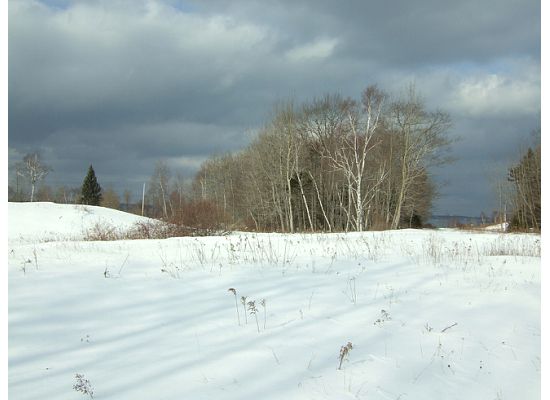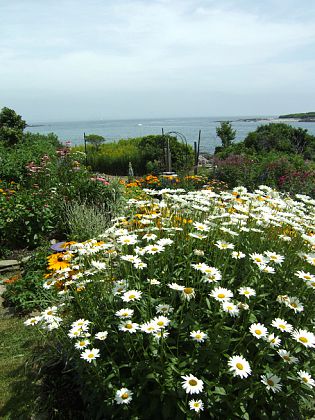Do you ever read a book that reminds you of another book, by a common theme running throughout it? This happens to me from time to time. For example, the orphan theme. “The language of flowers” by Vanessa Diffenbaugh is a lyrical story about an young girl who is in and out of foster care and group homes until she finds her home as an adult in the language of flowers and the community she finds there. Likewise, “Orphan Train” by Christina Baker Kline, is about an orphan who makes her way from the tenements of New York City to the Midwest, where she is eventually adopted, and then back to the coast of Maine, where she has a teenage girl, also in and out of the foster care system, helping her clean out her house. This links to another book I just read, “The unexpected forest : a novel” by Eleanor Lincoln Morse, a Peaks Island author, which includes a young woman who helps an older woman clean out her house on Vinalhaven Island, Maine. There is a white dog which appears in this book, as well as in a more recent book by Morse, entitled “White Dog fell from the sky,” which takes place in Botswana. Which reminds me of a book I read earlier this year: Carolyn Slaughter’s “Dreams of the Kalahari,” a novel which also takes place in Botswana.
I usually have a fiction and non-fiction book going at the same time, and often there are common themes within these two books. I don’t plan it that way – it just appears. Nancy J., in a blog written a year ago, wrote about a common theme of death that appeared coincidentally in some of the books she was reading.
Anyone out there have any other examples of finding themes in books, unexpectedly?








